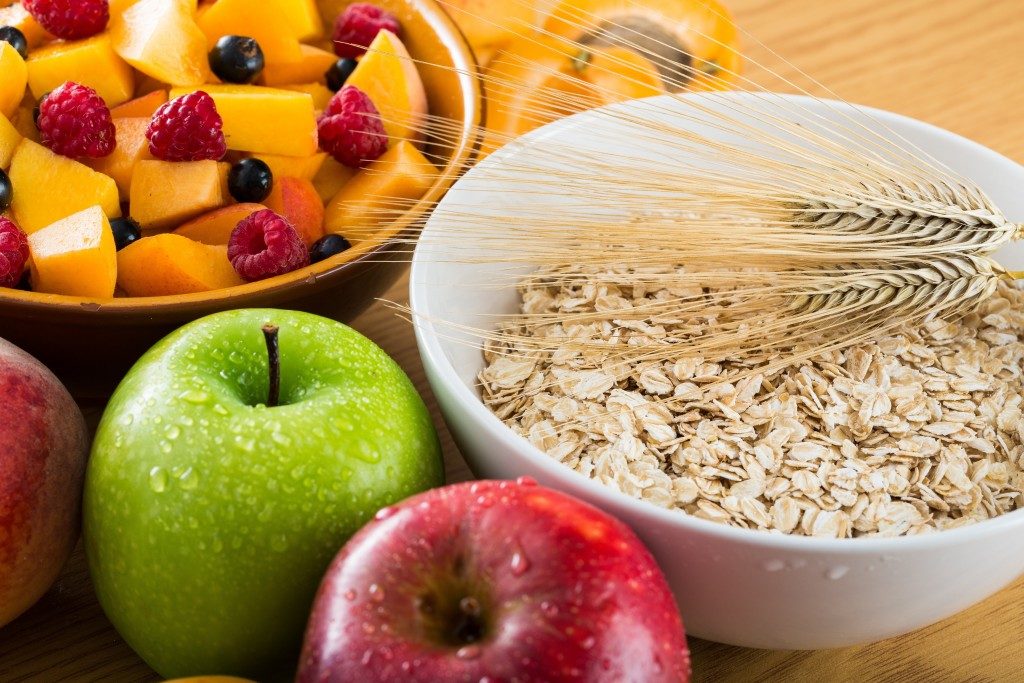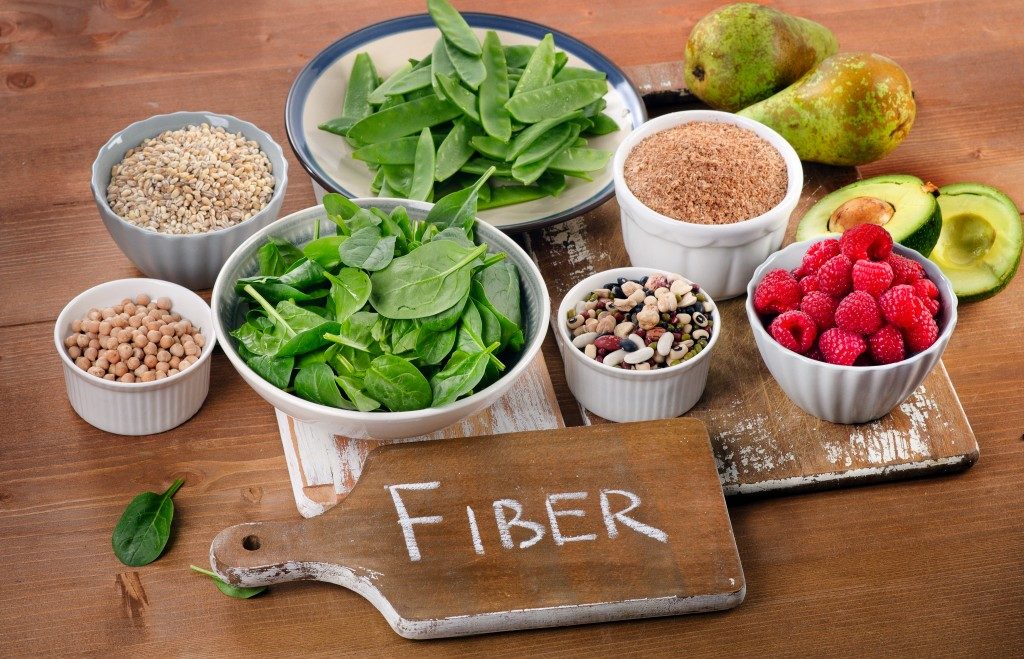Excess fiber in your diet can lead to constipation, gas, and bloating. Luckily, you can alleviate these symptoms by making certain dietary changes, drinking lots of water, and exercising regularly. These bothersome side effects can occur when you consume more than 70 grams of fiber daily.
Take note that this isn’t uncommon, but is more prevalent in individuals who follow a raw, whole food, or vegan diet.
What Happens If You Regularly Consume Excess Fiber?
The most common warning signs of excess fiber in the diet include the following:
- Gas
- Bloating
- Stomach cramps
- Diarrhea or constipation
- Dehydration
- Weight loss or gain
- Nausea
- Poor nutrient absorption
- Intestinal blockage
Fiber essentially makes your bowel movements bulkier and larger and promotes gas formation and fermentation. This is the reason too much fiber in your system impacts your digestive system.
While fiber is immensely crucial for solid, healthy, and regular bowel movements, too much of it could backfire on you and actually result in constipation. Excess fiber intake might likewise lead to nutrient deficiencies because it could restrict your body’s ability to absorb vital nutrients. This occurs because fiber easily binds with minerals such as iron, magnesium, calcium, and zinc.
How Much Fiber is Too Much?

While optimal fiber intake will differ according to your age and gender, according to the Academy of Nutrition and Dietetics, the recommended daily fiber intake includes the following:
- 38 grams for adult men
- 25 grams for adult women
- 28 grams for lactating and pregnant women
- 30 grams for men and 21 grams for women 50 years old and above
A diet with sufficient fiber is vital for ensuring the health of your digestive system. Studies have also shown that it can help reduce your blood pressure and lower your risk of developing diabetes and heart issues.
How to Effectively Manage Your Fiber Intake
In the event that your body has been accustomed to excess fiber and is experiencing uncomfortable side effects, you need to rethink your meal plans and your fiber intake. Whether you have a subscription for a daily prepared meal delivery service or plan and cook your own meals, your best bet is to decrease your fiber intake, meaning consuming 10 grams of fiber daily until you feel your symptoms getting better.
You should likewise increase your water intake and exercise more regularly. Going on a low-fiber diet is especially important for individuals who have undergone surgical procedures or struggling with severe digestive problems.
But because getting just the right amount of fiber is crucial to a healthy diet, once you have managed to get your symptoms under control, you can then start reintroducing more fiber into your diet. But remember to do it little by little and increase your intake of water.
Generally speaking, you should drink at least eight full glasses of water every day and staying away from no or low-sugar beverages. Keep in mind that reaching the recommended daily fiber intake will be worth your while since the health risks of not consuming enough fiber significantly outweigh the distress of consuming too much fiber.

